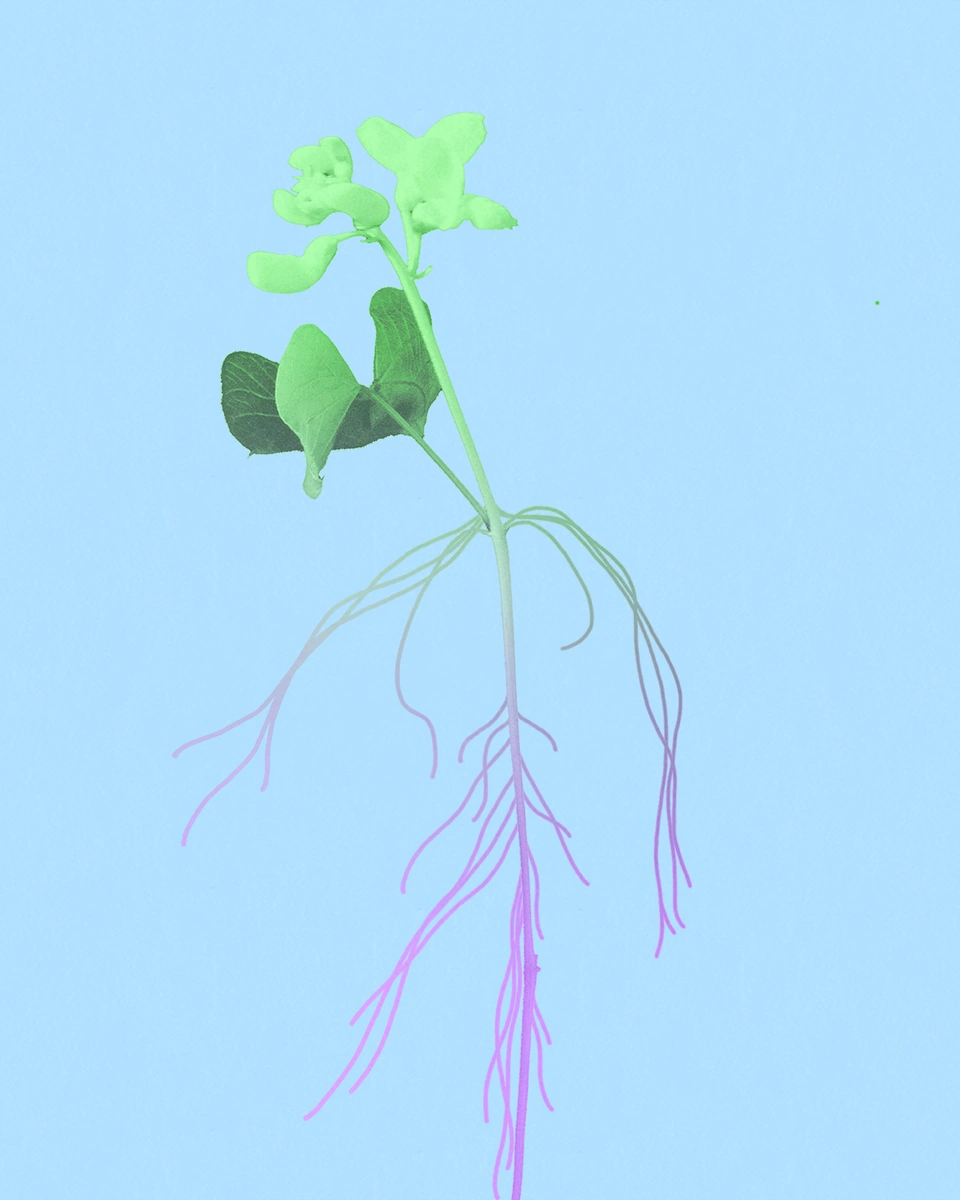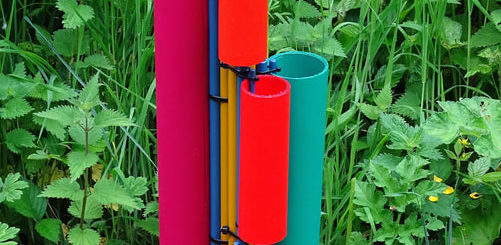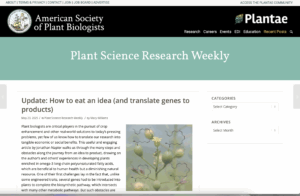Organic Intelligence

Organic Intelligence is, first, explicitly what AI is not. It is perhaps also a conclusion from current research in biology or botany, studies that raise questions like “Are plants conscious?” or “Do plants feel pain?” “Do plants send messages to one another, and if so, how do they do it”. Reviewers — and publishers — tend to capitalize on what seems terribly new about these studies, a certain science-fiction, vision-of-the-future glamour. But I wonder whether that’s fair. To take just the three books reviewed in the current issue of The New York Review of Books as examples, though, the new research is unquestionably “hard” science.
Savvy in the Grass
To prove, scientifically that plants are intelligent is certainly new. It requires establishing some correlation between what plants do and what we do, in terms of various forms of cognition. I’d argue that it’s a kind of translation. But if you’re OK just trusting your own perception, it’s not new. It’s ancient. Native people all over the world have established and observed intelligent relationships to and among plants for many centuries. In the Great Lakes area where I grew up, the Anishinaabe developed a detailed understanding, and better yet, credited plants with perception and knowledge from which humans might well learn. https://diggingenglish.com/dandelions/
I have no doubt whatsoever that plants are highly intelligent, and I hope I can learn from them. But AI is not. As Jaron Lanier pointed out long ago, artificial intelligence is a contradiction in terms. Sifting and rearranging and regurgitating human – generated language at a terrific speed may have its uses. But it is not conscious, does not respond to its surroundings, does not generate anything of its own. “Organic intelligence” by contrast, says the same thing twice: like a “true fact,” it is an example of a redundancy.






